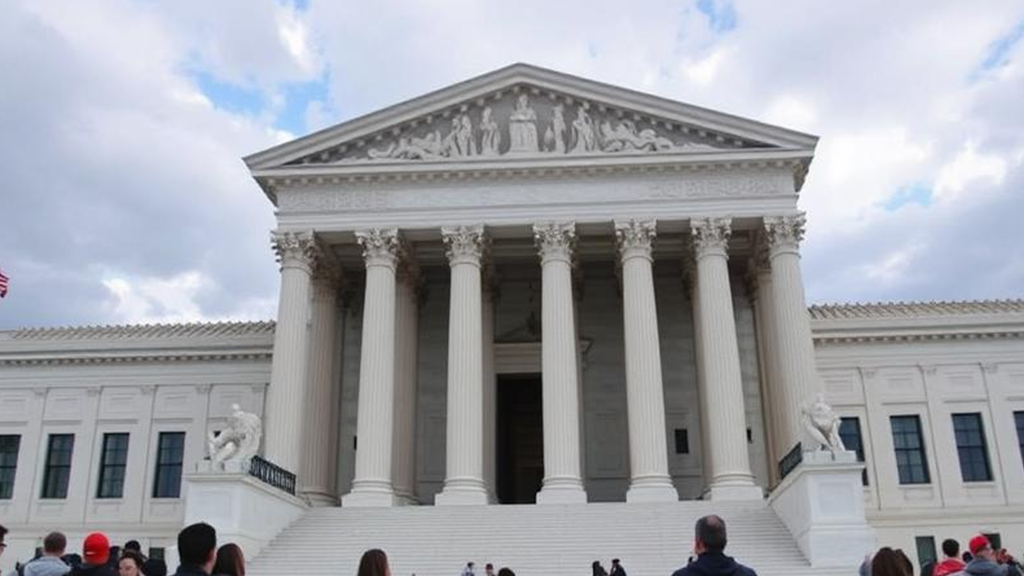

The U.S. Supreme Court is set to hear a high-stakes case that could redefine the boundaries of free speech on social media platforms. The case focuses on whether state laws in Florida and Texas, which limit platforms’ ability to moderate content, violate the First Amendment rights of tech companies.
Both states argue that major platforms like Facebook, X (formerly Twitter), and YouTube censor conservative viewpoints and should be treated as common carriers, subject to state regulation. The laws aim to restrict platforms from removing content based on users’ political views and require platforms to maintain posts even if they violate company policies.
Tech companies and industry groups challenge the laws, arguing that forced content hosting violates their editorial discretion. The central legal question is whether private platforms have the right to decide what speech appears on their services—or if states can compel them to distribute all content, regardless of terms of service violations.
Lower courts issued conflicting rulings: one upheld Texas’ law, while another blocked Florida’s on constitutional grounds. The Supreme Court’s decision will resolve this split and set a national precedent for regulating digital speech.
The outcome could reshape how content is moderated across all major platforms, with broader implications for misinformation policies, hate speech enforcement, and user safety protocols. If the Court rules in favor of the states, platforms could lose the ability to remove harmful or misleading content, including health disinformation and incitement.
Free speech advocates are split. Some view the laws as necessary to curb platform overreach, while others warn of state overregulation and compelled speech risks. Legal scholars are watching closely, as this case could expand or contract First Amendment protections in the digital realm.
Depending on the ruling, companies may need to revise content moderation frameworks, create state-specific compliance models, or face takedown litigation. The stakes extend beyond tech—affecting the digital ecosystem’s political discourse, public health messaging, and information integrity.








© THE CEO PUBLICATION 2021 | All rights reserved. Terms and condition | Privacy and Policy